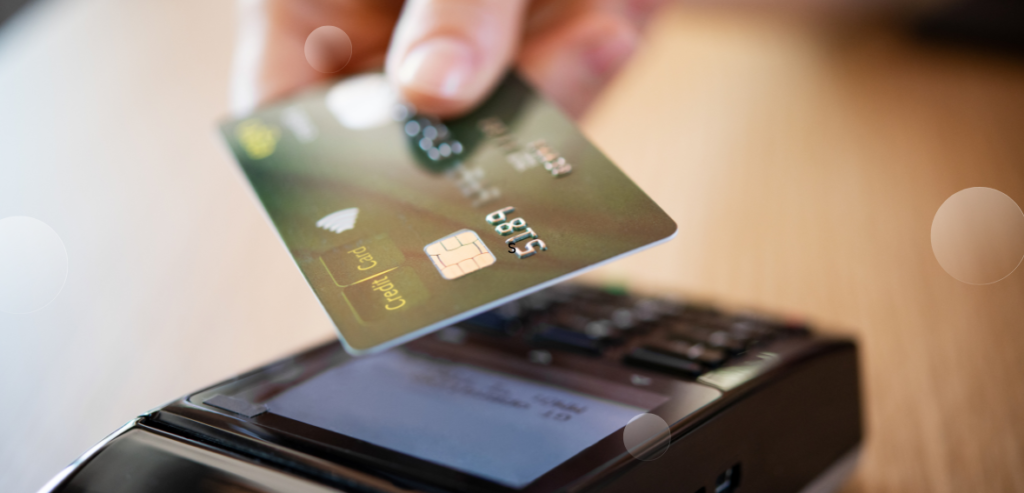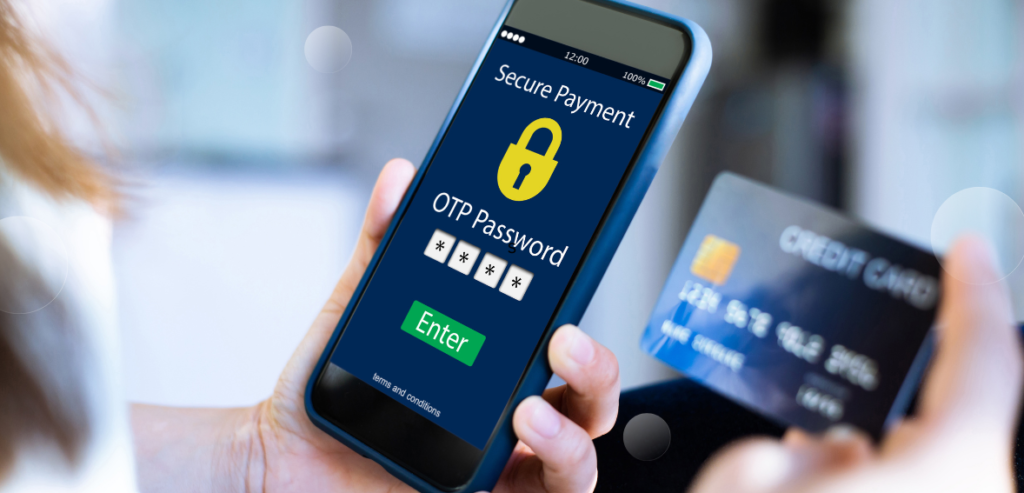There has been so much technological development in the card payments industry landscape over the past seventy years. It all started in the late ’40s when Frank McNamara forgot his wallet at home and then devised a plan among his friends to pay for his dinner via a payment network at a Manhattan restaurant.
Today, the card payment industry has come a long way, ingenuously iterating along with technological breakthroughs to offer payments on the go with the ease of a small device, such as a smartwatch. Below, we look at the card payment industry, the payment ecosystem it has spawned, and the upcoming trends in the industry to keep an eye on.
What is the Card payments industry?

The card payment industry has culminated in technological leaps almost every decade to become the behemoth global payment ecosystem today. After that fateful night in 1949, the ’50s were a period in which more card networks popped up to start offering more ubiquitous card services. The ’60s led to a more organized network of banks working in tandem to develop the budding industry.
The ’70s established those networks into global partnerships offering electronic authorization, ushering in the ’80s, which saw development and expansion in point-of-sale terminals. The 90s introduced wireless capabilities, and card payments became more mainstream and ubiquitous.
The 2000s ended with blossoming eCommerce and on-the-go POS devices, kickstarting mobile businesses and payments capabilities.
In the last decade, the industry has seen touchless payment capabilities, even without a physical card, come to the fore, all accomplished by simply swiping a phone in front of an NFC-enabled POS terminal.
The Payments Industry Landscape – The Ecosystem

Below are the main parties that make up the payment ecosystem today.
- Cardholder – the consumer with the card
- Merchant – the business that accepts payments via the card
- Issuing Bank – bank or another financial intermediary that issues the credit or debit card to the cardholder. Citibank and Chase are examples of issuing banks.
- Acquiring Bank—a bank or other financial intermediary that allows a merchant to accept credit cards by offering them a merchant account.
- Card Networks refer to the type of card a cardholder is issued that facilitates card payments. American Express, Discover, Mastercard, and Visa are all card networks.
- Payment Processors, aka Merchant Service Providers (MSPs), process payments on behalf of merchants. MSPs work with acquiring banks to set up merchant accounts and offer tools to accept card payments, such as point-of-sale terminals. They also process the payments and implement fraud controls.
- Payment Gateways – software used to allow merchants to accept card payments and helps secure that data transfer via encryption, usually for online transactions such as eCommerce.
- ISOs – Independent Sales Organizations sell payment processing services on behalf of an issuing bank.
- Payment Service Providers – helps merchants get a merchant account from an acquiring bank under its merchant account agreement as a sub-merchant. The PSP does not fund the merchant. The acquiring bank does that.
- Payment Facilitator – helps merchants get a merchant account from an acquiring bank under its merchant account agreement as a sub-merchant. Unlike a PSP, a payment facilitator does fund a merchant. The merchant is issued its Merchant ID (MID)
- Payment Aggregator – helps merchants get a merchant account from an acquiring bank under its merchant account agreement as a sub-merchant. Does fund a merchant, but unlike a payment facilitator, the merchant is not issued its own Merchant ID (MID) and is set up under the aggregator’s MID.
- P2P – Peer-to-peer payment in an app allows users to transfer money to friends and family by seamlessly linking an account to the app. Examples of such apps include PayPal, Venmo, etc.
Card Payment Industry – Upcoming Trends

In the future, more entrants are expected to enter the payments ecosystem, offering more innovations and expanded payment options. Below are some key trends that are rapidly developing in the industry.
Less Cash
That past couple of years has been the leap of this decade where gradual demographic shifts in patterns of aversion to the use of cash morphed into consumers shopping online and paying for even in-store purchases from afar. Consumers using cash are expected to decline as they rely mainly on a single device to conduct most of their lives.
Only a little over a decade ago, society’s significant consumer innovations were the mp3 music players, GPS trackers for directions, high-pixel digital cameras, and the latest palm pilot devices to take notes or play games on the go. There was also a new “smartphone” that let individuals sift through the voicemail they wanted to hear first from a company that lost the personal computer war to Microsoft. Today, all of these functionalities are on a single device. Over the last few years, innovations have slowly shifted more and more of the things we carry onto these devices, such as keys, debit and credit cards, pieces of identification, tickets, and cash.
People no longer prefer to use cash when they go out to spend. Moreover, they aren’t going out as much anymore. In 2021, eCommerce grew to $870 billion in sales, up 50% from two years ago. It is expected to grow to more than $1 trillion in 2022, two years ahead of original projections. In the end, consumers will continue to decrease their cash usage.
Real-time payments
More than 80% of in-store transactions today are non-cash. There is an increasing shift towards non-cash payment options, and over the decades, the payment industry has worked to significantly reduce, if not eliminate, the hassle around card payments. One particular focus is the speed at which non-cash payments are settled. Cash transactions are settled then and there. The merchant has the cash in hand!
The process of card payment settlement, with the funds transferred to the merchant’s account, takes almost three days at their fastest pace.
Advancements are being made with the advent of ACH (Automated Clearing House). However, the real game-changer will be real-time payments. Although it’s a 50-year-old technology that first rolled out in Japan, it caught on in the US in 2017. The Federal Reserve’s FedNow initiative sets up the rails where merchants can easily access funds the following day if they process the payments around certain cutoff times.
The process of submitting a payment request by the seller, the buyer sharing payment information, the seller settling payment upon receipt of that information, and the buyer finalizing the transaction is all carried out instantaneously. This system can be accessed by merchants 24/7/365, including holidays and weekends, and is likely to advance adoption among merchants for cashless transactions.
Buy Now Pay Later
So far, the industry is fascinated with the prospect of buying now and paying later. Consumers can make a purchase now and pay for it later. It has led to expansion in sales among businesses offering this option and has given consumers the freedom to make purchases they were unable to before without the pertinent credit checks. It is effectively a new form of unregulated and unreported credit.
However, more underlying negatives of this product will be amplified as overall credit conditions begin to tighten and regulators, such as the Consumer Financial Protection Bureau, among others, start to take notice. Buy now pay later promotes buyers to enter into a debt trap where they end up spending more than they may be able to afford and initiate an ongoing liability in their name without notifying any credit reporting agency.

